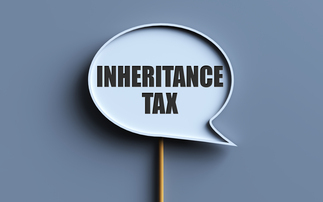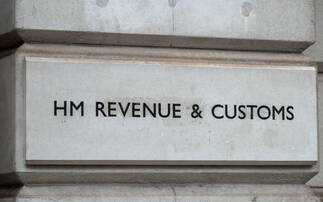HMRC will have to significantly increase the number of criminal investigations it undertakes to meet targets set in the Spring Statement, writes lawyer and ex-tax inspector John Hood
In the Spring Statement, Rachel Reeves announced that HM Revenue & Customs (HMRC) would be tasked with increasing the number of decisions to prosecute tax fraudsters by 20% at the end of 2029/30. This would mean an additional 100 cases based on the 2023/24 year. HMRC is responsible for undertaking criminal investigations to gather the necessary evidence, which it then passes over to the relevant prosecuting authority to make the decision on whether the case can go forward for prosecution. What does this mean for HMRC? Most basically, HMRC will have to significantly increase the nu...
To continue reading this article...
Join Professional Adviser for free
- Unlimited access to real-time news, industry insights and market intelligence
- Stay ahead of the curve with spotlights on emerging trends and technologies
- Receive breaking news stories straight to your inbox in the daily newsletters
- Make smart business decisions with the latest developments in regulation, investing retirement and protection
- Members-only access to the editor’s weekly Friday commentary
- Be the first to hear about our events and awards programmes







